
A Minnesota firm has obtained a patent for an incubator that can alter the sex of an egg before it hatches. Naturally hatched eggs result in about 50 percent females and 50 percent males. Anyone who has ever hatched eggs hoping for a majority of laying hens knows the problem — too many roosters. To […]
Continue Reading
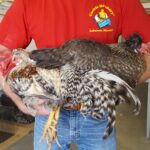 Cream Legbar Chicken – Sold as Baby Chicks Only
Minimums – Not Sexed = 3
Female = 3
Male = 1
Total of 3 birds to ship
Cream Legbar Chicken – Sold as Baby Chicks Only
Minimums – Not Sexed = 3
Female = 3
Male = 1
Total of 3 birds to ship
Seasonal/Shipped Early Feb thru September
Limit of 49 on Females
Continue Reading
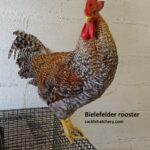
- Bielefelder – Sold as Baby Chicks Only
Minimums – Not Sexed = 3
Female = 3
Male = 1
Total of 3 birds to ship
Seasonal/Shipped Early Feb thru September
Limit of 49 on Females
Continue Reading
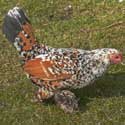
Chicken keepers have many different reasons for having a backyard flock of chickens. Here are 20 of the best reasons put forth by people with a passion for poultry: Chickens lay eggs. Keeping your own flock of hens ensures a ready supply of freshly-laid eggs right outside your back door. Chickens eat insects. […]
Continue Reading
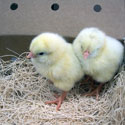
When those fuzzy little chicks, ducklings, or goslings arrive in the mail, the first thing you want to do is pick them up and cuddle them. Young children, especially, can’t resist snuggling those cute little fluff balls. The more time you spend with your baby poultry, the friendlier they will become. However, among the important […]
Continue Reading

FREE SHIPPING on all supply order totals exceeding $25.00.
Item #I13
PLEASE ALLOW AT LEAST 30 DAYS FOR SHIPPING
Continue Reading
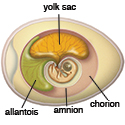
The hatching of a chick out of an egg — whether laid by a chicken, duck, goose, or other bird — is a remarkable process. Each chick enters the world with a built-in food supply that can sustain it for up to three days after the bird hatches. How does this happen? Starting on the […]
Continue Reading
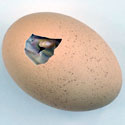
When an egg is ready to hatch — whether chicken, duck, goose, or other poultry — the baby bird inside breaks a hole through the egg’s shell. The hole is called a pip and the process of creating the hole is called pipping. The little bird pips with the help of its egg tooth—a small, […]
Continue Reading
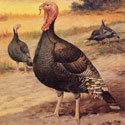
The optimal mating ratio for chickens, turkeys, and other poultry is not the same ratio in which they typically hatch. Most poultry naturally hatch approximately 50 percent females and 50 percent males. If your goal is to obtain fertile eggs for hatching, that ratio will result in males fighting excessively with each other, and when […]
Continue Reading
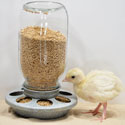
Newly hatched poultry come equipped with yolk reserves that provide baby birds with nutrients for many hours after they hatch. It’s nature’s way of allowing the early hatchers to remain in the nest until the whole brood has hatched. Hatchery chicks shipped by mail take advantage of these yolk reserves during the day or two […]
Continue Reading


 Cream Legbar Chicken – Sold as Baby Chicks Only
Cream Legbar Chicken – Sold as Baby Chicks Only







